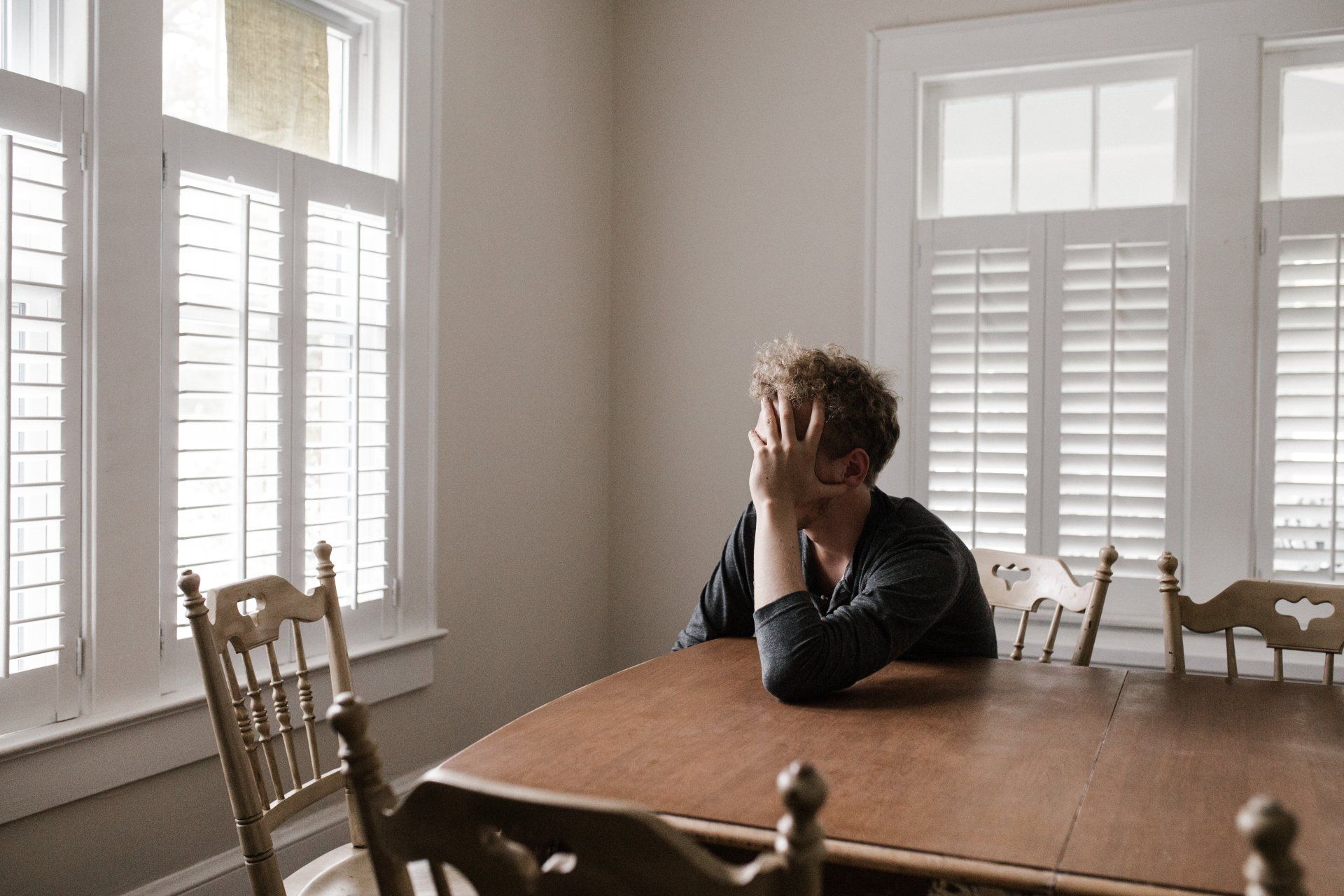Pandemic 101: University Life
The pandemic: a student's perspective
As the pandemic nears a year and a half of age, it’s hard to think back to how differently the world ran before, with weekly university nights out, few virtual events, and no lateral flow tests. However, many people have found major differences in their mental health since the beginning of the pandemic due to the switch to e-learning, increased feelings of uncertainty and the periods of isolation and quarantine.
Lockdown
If you’re a university student feeling upset about how the global pandemic changed your life, you are not alone. A survey conducted by the National Union of Students in 2020 found that out of more than 4,000 students, over half claimed their mental health has been negatively affected or deteriorated during the pandemic. However, only 20% of students have sought mental health support. Of course, there are many reasons students may not seek help, but lack of resources should not be one of them. If your mental health has suffered during the pandemic, you can self-refer to our organisation, which will connect you to our therapists and figure out the next step in regards to treatment.
Disconnected
In addition, there are various effects Covid has had on students, from loneliness and isolation to financial struggles, to general anxiety about getting ill or family members catching the virus. Each one of these concerns and emotions is valid, and an understandable side effect to the global pandemic. Stress due to financial strain and overall uncertainty can also be hard to deal with, especially when facing it alone; this pandemic has forced a lot of students to isolate over the past year, with little ability to feel normal. However, when these feelings make it hard to function on a daily basis, it’s time to seek help: either by talking it out with family and friends or talking to your GP about the next steps which may be referring you to a service.
Feelings of Powerlessness
In addition, because of the pandemic, university students who would usually attend lectures and seminars in-person instead spent the whole year at a computer screen. This change has led to increased levels of anti-socialness and depression, as well as anxiety. However, the emotional damage is not the only part that hurt students, as everyone who returned was asked to pay the full price of tuition costs, regardless of the change in learning quality. In addition, student accommodation agencies refused to discount rent when the pandemic hit which resulted in further financial stress, and the constant uncertainty of another spike can have effects on students trying to navigate the new adult world. These increased stressors have affected students’ mental health and forced them to make difficult decisions regarding coming home to family when living at university in case they expose family members to the virus.
University is a busy time and ensuring your mental health is cared for will make your time as a student that much more enjoyable. TrentPTS offers a variety of support and treatment therapies which can help with low mood and feelings of anxiousness. Suffering alone can drain your energy alongside the mental illness and taking care of yourself by referring to a service and working with a therapist can start your journey to feeling like yourself again.
The poem below was written by a student’s perspective of the pandemic, and how some readers may have also felt, or still feel.
No Place Like Home
Panic.
I’m cemented.
Never feeling fully stocked.
Running out of the essentials to survive.
Fearing what will happen if you step foot outside.
The unknown of when you will be able to see your friends.
Home is where the heart is, but now home is where staying alive is.
The only thing that make you smile is thinking of the past.
Your college town you love so much is now unattainable.
The walls of your room are shrinking smaller and smaller.
You somehow miss the absolutely awful dining hall food.
The journey to and from the kitchen seems like a lifetime.
Your friends across the country are light-years away now.
The only thing keeping you going is being able to go back.
Home is where the heart is, but my heart is far away from home now.
-Katie Gardipee
If you are a student and struggling with depression, anxiety stress or any suicidal thoughts, please use the following self-referral link to connect to our services.
Useful contacts
Samaritans
The Samaritans give people confidential emotional support. In some areas they have local branches where you can go for support.
Telephone: 116 123 (UK) (24 hours)
Address: PO Box RSRB-KKBY-CYJK, P.O. Box 90 90, Stirling FK8 2SA
Email: jo@samaritans.org
Website: www.samaritans.org
Saneline
This is a national helpline. The offer emotional support and information for people affected by mental health problems.
Telephone: 0300 304 7000 (4.30pm – 10.30pm daily)
Textline: available through their website
Website: www.sane.org.uk
Shout
If you’re experiencing a personal crisis, are unable to cope and need support, text Shout to 85258. Shout can help with urgent issues such as suicidal thoughts, abuse or assault, self-harm, bullying and relationship challenges.
Text: Text Shout to 85258
Website:
www.giveusashout.org/













